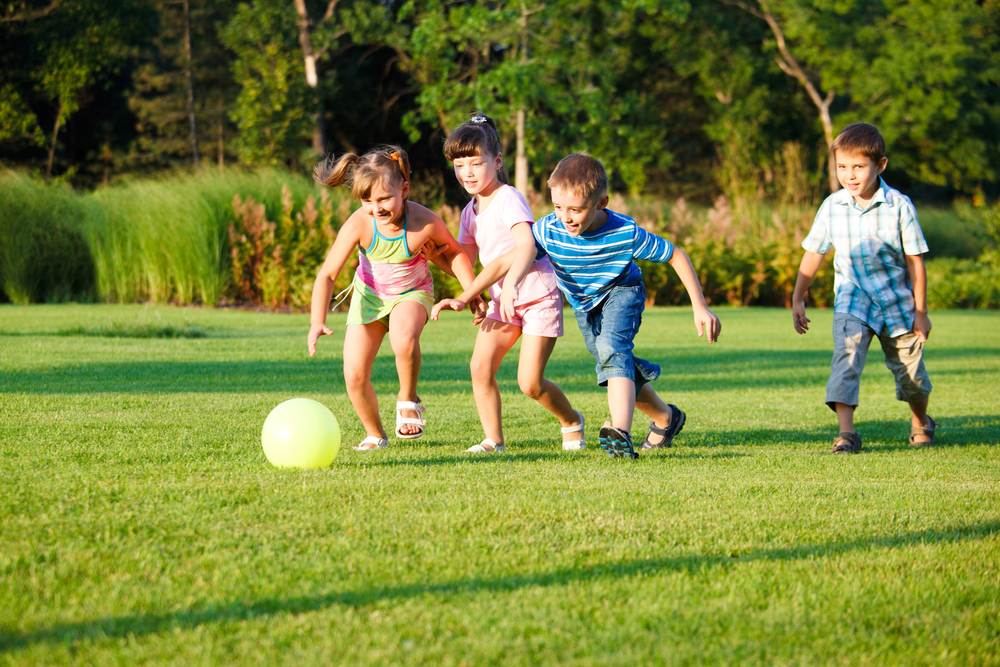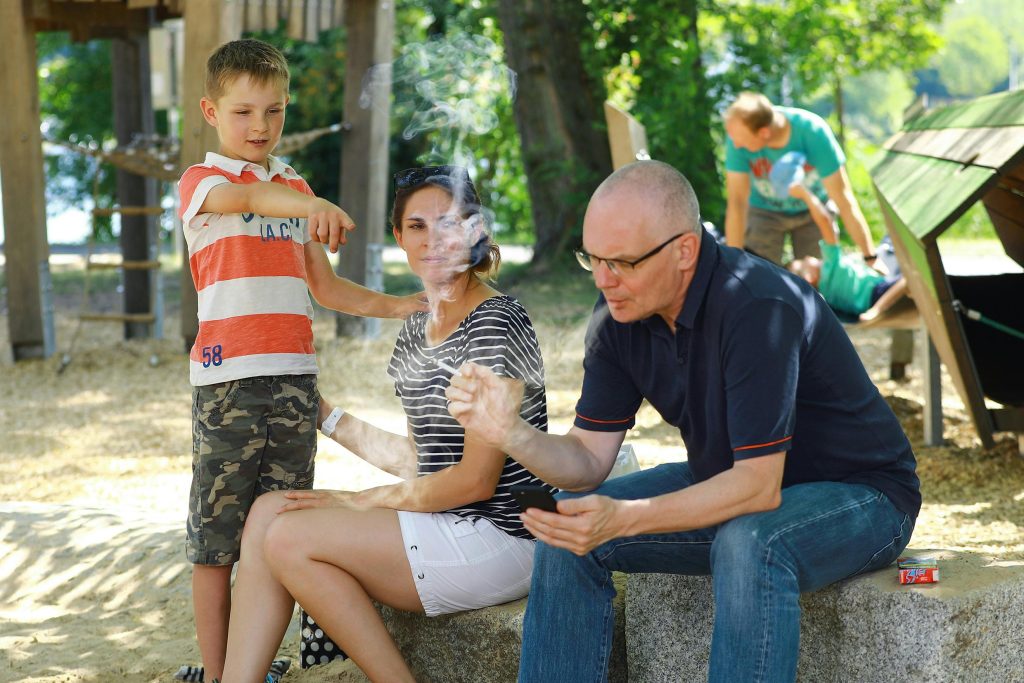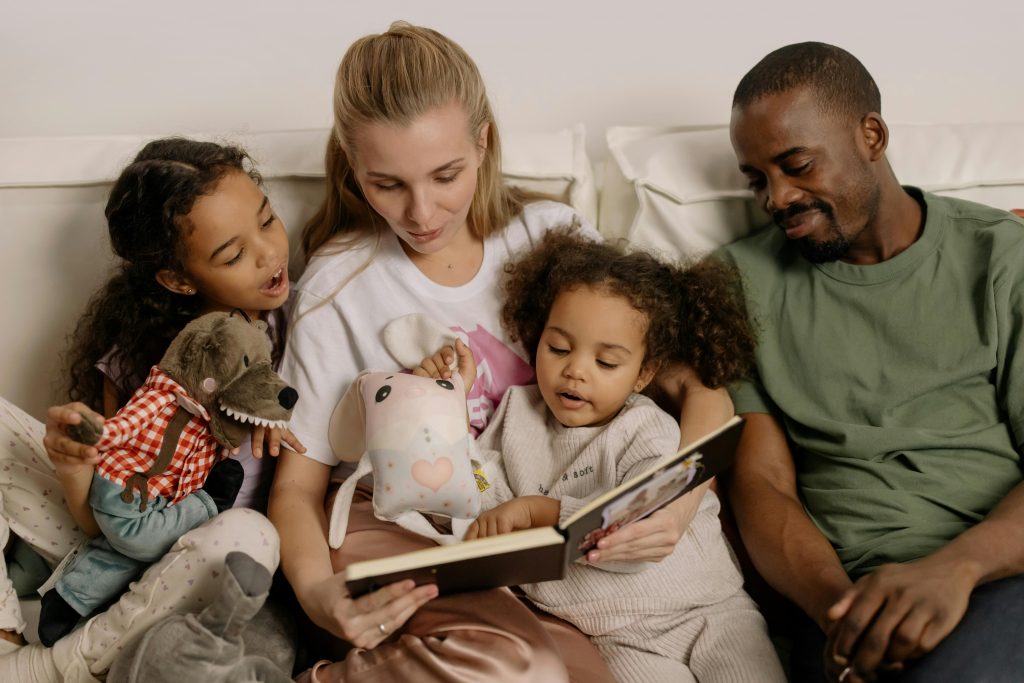
Did you know that many 1960s parenting styles would be outright scandalous today? It’s not surprising to believewhat was once normal or even affectionate now can result in a call to Child Protective Services. Parenting has evolved considerably in the span of a few generations, and what have changed are more than sweet, nostalgic anomalies; they’re a window into how our understandings of safety, development, and the rights of children have shifted.

Parents nowadays might be shocked as their parents regale them with stories of their childhood. From wandering in the wilderness unaccompanied to rides in the bed of pickup trucks without seatbelts, the 1960s were an action-packed experience for kids and a very different speed than the hyper-vigilant one of today. Let us see what the most outrageous parenting habits of the past would be considered unconscionable in 2025.

1. Riding in Pickup Truck Beds
Nothing shouted freedom louder in the 1960s than a bunch of kids tearing around in the back of a pickup truck with hair flying and no seatbelt anywhere. This wasn’t an agricultural phenomenon in and of itself was a rite of passage for many. Today this would be a ticket and a large fine, along with a CPS report. State legislatures now outlaw the practice everywhere except in a few remote areas, recognising the great risks involved. As one study noted, proper use of child restraints can reduce child passenger deaths by 70–80%. Safety is now an absolute, and a justifiable one.

2. Home Alone Before Double Digits
Latchkey children were the norm in the 60s. Seven-year-old children would unlock the door themselves after school, make themselves a snack, and keep themselves entertained until parents returned from work. The idea was that this independence provided character. Today, the vast majority of states have legislation on the books that specifies the minimum age at which children can be left at home alone, and leaving a young child at home alone would invite action by the authorities. It’s an indication of how our collective understanding of what’s safeand what’s prudent has changed.

3. No Seat Belts, No Car Seats, No Worries
Back then, car safety barely meant rolling up windows. Babies slept on laps, kids sprawled in back seats, and seat belts were not required but rather a nicety. The initial national seat belt legislation did not arrive until 1968, and at that time, compliance was also lagging. According to the National Highway Traffic Safety Administration’s count, at least twice the rate of other affluent nations is the child passenger fatality rate in the United States. It took decades and thousands of unnecessary injuries before the law and culture had caught up with science.

4. Unsupervised Neighbourhood Roaming
The only limitation for many 60s kids? “Be home when streetlights come on.” Children would roam for hours, finding woods, construction sites and other neighbourhoods miles and miles from adult view. Such unstructured play was believed to build character and independence. But now, the thinking behind “free-range parenting” is controversial, and parents can be held criminally liable for leaving their kids unsupervised. As one parenting adviser explained, that independence was thought to be a part of growing up, but parents these days are so much more over-protective.

5. Physical Discipline in Public
Spanking, paddling, and soap-in-the-mouth were not just acceptablethey were the norm for discipline in the 1960s. Parents and teachers used physical punishment readily, thinking that it taught respect and character. Today, public corporal punishment can trigger CPS intervention at a moment’s notice, and the rhetoric is entirely about positive reinforcement and non-physical discipline. While some states allow corporal punishment in schools, the cultural pendulum has moved very forcefully against it, and professionals stress the long-term harms of these practices.

6. Smoking Around Children Everywhere
Visualise this: parents grinning in the dinner chair, in the car, or even in hospital waiting rooms. In the 60s, secondhand smoke was still unknown as a health hazard. Ashtrays resided as often on the coffee table as TV trays. Fast forward to today and secondhand smoke dangers are well-known. Smoking in front of kids is no longer just unhealthy, but outright child abuse in many communities and a valid reason for authorities to intervene.

7. Divided Gender Roles and No Privacy
Family rules during the 1960s were strict regarding gender roles and privacy. Boys were directed to “masculine” activities, and girls were to stay with “feminine” activities. Kids didn’t have much of a say in family decisions and had practically no privacyparents often read diaries and eavesdropped on calls. As this close examination of 1960s family rules reminds us, the idea of a child having a right to privacy or a voice would have been inconceivable. Honoring children’s autonomy and advocating for their needsregardless of genderare core habits of modern parenting.

Looking back, it is simple to realize how the 1960s were a different world for children and parents. As much as others may nostalgically look back on the freedom and simplicity of the good old days, it is not possible not to acknowledge the real perils in old-fashioned parental methods. The worries that have driven the development of child protection legislation and parental norms reflect a wider concern for children’s needs, rights, and well-being. As the world learns and grows, so does taking care of the next generation strike a balance between autonomy, safeguarding, and respect for every child.


